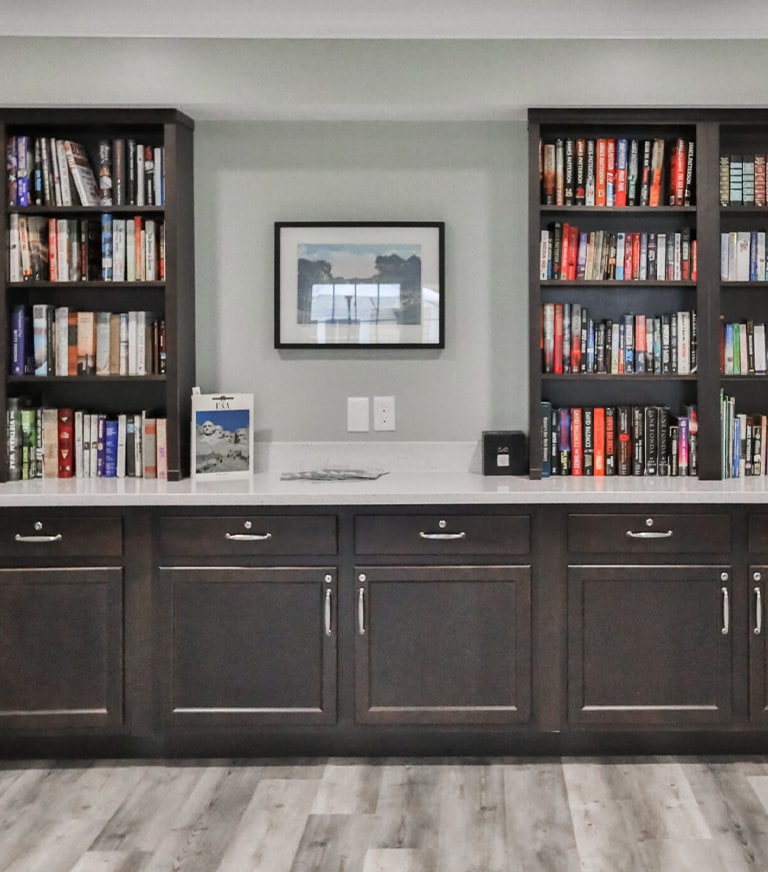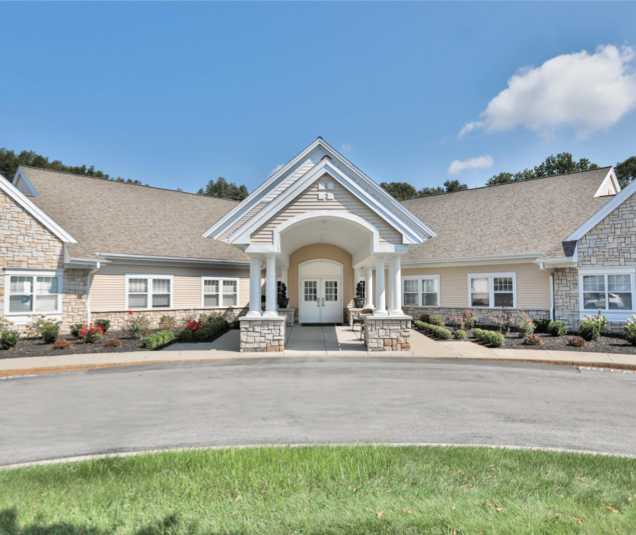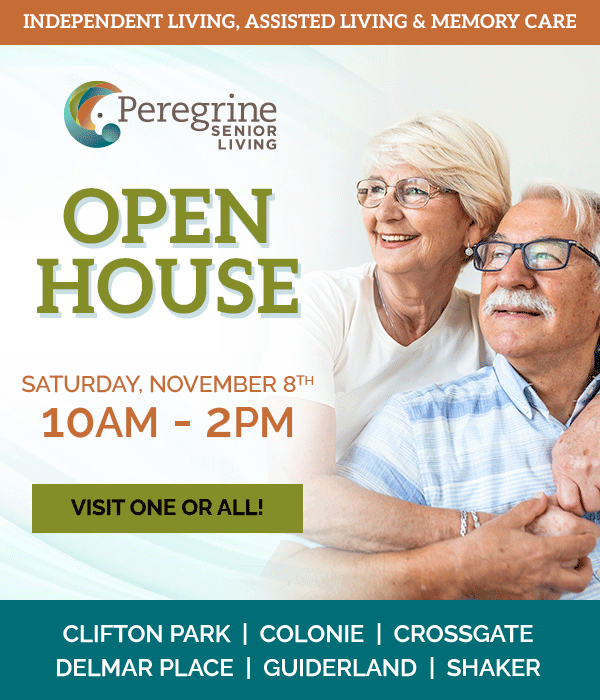
Dementia is a progressive disease that can impair an individual’s cognitive function over time. The nature of dementia will affect an individual’s ability to care for themselves. There may come a time when your loved one will require full-time assistance and support to perform activities of daily living.
Due to the gradual impairment of everyday living that may arise with dementia, one may ask if dementia is considered a disability. The answer is a little more complicated than a simple yes or no. Dementia is the leading cause of disability among older adults. However, to claim disability assistance depends on the stage of your loved one’s cognitive decline. Ultimately, to receive disability benefits, families must be able to prove that their loved one is unable to work due to the stage of their cognitive decline.
Understanding Dementia & Its Impact on Daily Living
To understand why dementia may be considered a disability, we must outline how dementia impacts an individual’s quality of life and standard of living.
Dementia is a term used to describe symptoms that affect an individual’s cognitive abilities. Symptoms of dementia include memory loss, difficulty problem-solving, behavioral changes, and difficulty communicating with others.
Depending on the stage of an individual’s cognitive impairment, there may come a time when dementia will impair an individual’s daily independent living. Simple tasks become challenges, and complex ones are often difficult to complete without assistance.
The social repercussions are equally significant. Many individuals with dementia experience severe isolation and loneliness as a result of their diminished ability to communicate with others.
Once an individual with dementia is unable to safely care for themselves, families may consider memory care communities. These communities are designed to help residents maintain and improve cognitive function through activities and socializing with other residents.
These communities are designed to be a safe environment for individuals and help to reduce residents’ risk of injuries, falls, and wandering. Memory care offers round-the-clock support with staff trained in understanding the unique needs of individuals experiencing all stages of dementia.
Qualifying a Condition as a Disability
A disability is a physical or mental condition that can significantly impact an individual’s activities of daily living. This includes an individual’s ability to see, hear, speak, walk, perform manual tasks, learn, and work. Dementia is the leading cause of disabilities among older adults.
In the United States, both the Social Security Administration (SSA) and the Americans with Disabilities Act (ADA) consider dementia to be a disability. To qualify for disability benefits, it’s necessary to demonstrate that your loved one is unable to work due to the cognitive impairment caused by dementia.
To determine eligibility for disability benefits, the SSA will consider both medical and non-medical evidence. Medical evidence can include your loved one’s medical history and exam findings. If your loved one has a diagnosis and is undergoing treatment, their chances of qualifying for disability are higher.
Non-medical evidence includes personal accounts from the family, friends, and even memory care support staff that interact with your loved one. They can attest to your loved ones’ decline in independence and impaired cognitive function.
Applying for Disability with Dementia
The SSA looks at more than just the diagnosis. It evaluates an individual’s functional limitations and how they affect one’s ability to work. Those with early-stage dementia might not qualify, but those with moderate to severe impairment might be eligible for benefits.
Applying for disability assistance can be complex and time-consuming. It involves significant paperwork and medical documents and may require professional assistance to build a strong case for your loved one.The medical records will provide evidence and details of your loved one’s dementia diagnosis, treatment, and progression of dementia. Including statements from family members, healthcare professionals, and memory care staff that demonstrate your loved one’s inability to live independently and perform daily activities can help strengthen your case. Seeking legal advice from professionals experienced in disability claims can help to improve the chances of a successful application.

Let Us Help You During This Process
Dementia is considered to be the leading cause of disability among older adults. To claim disability assistance, you must be able to show proof of documentation of your loved one’s cognitive decline and inability to perform their activities of daily living, like working. Our team at Peregrine Senior Living understands that this can be a complicated process.Our ability to provide a quality standard of care to your loved one can help make things simple. Due to the nature of dementia, there may come a time when your loved one is unable to live independently. Caring for a loved one with dementia can be challenging to do alone. Schedule a visit to learn how memory care living can give your loved one a high quality of life.











Getting an early start on our Valentines Day Crafts🩷❤️ ... See MoreSee Less
0 CommentsComment on Facebook
Today, we honor the life and legacy of Dr. Martin Luther King Jr.—a leader whose message of equality, compassion, and courage continues to inspire us all.
His dream reminds us that even small acts of kindness can ripple outward and create lasting change.
May we carry his vision forward by leading with empathy, listening with understanding, and building communities grounded in love and unity.
peregrinecliftonpark.com/ ... See MoreSee Less
0 CommentsComment on Facebook
Happy Friday! Today we got out to the 9am mass service at Saint Edward’s the confessor church and finished the morning off with breakfast to our local IHOP 🥞 ... See MoreSee Less
1 CommentsComment on Facebook
Winter crafting projects ❄️☃️ ... See MoreSee Less
1 CommentsComment on Facebook
On site cookie class with 518 Sweets🍪😊 ... See MoreSee Less
2 CommentsComment on Facebook
A new year means new beginnings, and for many, that includes finding a place that feels like home. 🏠❤️
Our community offers the perfect blend of comfort, engagement, and care. Whether you’re looking for a vibrant social lifestyle or the peace of mind that comes from knowing support is always nearby, you’ll find it here.
Schedule your tour today and see how life at Peregrine can help you or your loved one thrive in 2026 and beyond!
peregrinecliftonpark.com/ ... See MoreSee Less
Learn More
Senior Living Community at Clifton Park, NY | Peregrine
peregrinecliftonpark.com
Compassionate memory & respite care in Clifton Park, NY. The Peregrine Way® uses a personalized approach to dementia support and family-centered living.0 CommentsComment on Facebook
A New Year, A Supportive Next Step!
Check out our 3-minute YouTube video on our Community. ... See MoreSee Less
6 CommentsComment on Facebook